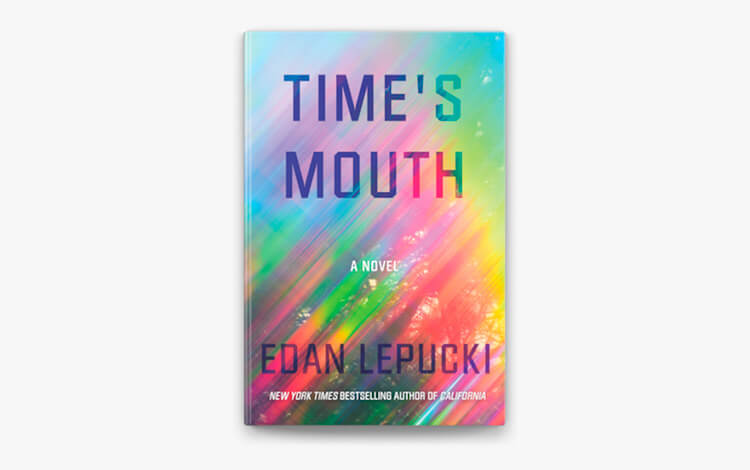The Power of Memory in Time`s Mouth: A Journey Through Family Secrets

The Unique Ability of Ursa: Traveling Through Memory
At the heart of Time`s Mouth is Ursa, a character with the extraordinary ability to travel through memory and revisit her past. This ability is both a gift and a curse, allowing her to relive moments that shaped her life but also trapping her in a cycle of reliving and reinterpreting her experiences. Ursa’s journey through memory is not merely a nostalgic trip; it’s an exploration of the power of memory to influence the present and future. Her ability allows her to connect deeply with her past, but it also isolates her from the present, creating a barrier between her and the world around her.
Memory as a Double-Edged Sword
Lepucki’s novel presents memory as a double-edged sword—something that can heal but also harm. Ursa’s ability to revisit her past is intoxicating, drawing others into her orbit and leading to the creation of a close-knit community of women in a Victorian mansion in the woods. However, this community, initially a haven of sisterhood, takes a dark turn as the power of memory begins to exert a more sinister influence. The novel delves into the dangers of becoming too attached to the past, illustrating how memories can distort reality and trap individuals in cycles of regret and obsession.
The Consequences on Ursa’s Family
The impact of Ursa’s gift extends beyond her own life, affecting her son Ray and his pregnant lover, Cherry. As the novel progresses, the burden of memory becomes too great, prompting Ray and Cherry to flee in an attempt to escape Ursa’s influence. However, the past proves inescapable, as a series of mysterious events forces Cherry to abandon their baby, leaving Ray to raise their daughter, Opal, alone. This abandonment and the secrets surrounding it create a painful legacy that Opal must confront as she grows older. The novel paints a vivid picture of how the choices made in the past ripple through generations, leaving a lasting impact on those who come after.
Opal’s Journey into the Past
As a teenager, Opal is haunted by the mystery of her mother’s abandonment and the legacy of her family’s secrets. Her journey into the past becomes a quest for understanding, as she seeks to unravel the truths that have shaped her life. Time`s Mouth poignantly portrays the struggle of coming to terms with one’s history and the ways in which the past can both define and confine us. Opal’s journey is not just about uncovering the secrets of her family but also about finding her own place in a world where memory holds immense power.
The Landscape of California as a Reflection of Memory
The novel’s setting—California, with its magical and dangerous landscape—serves as a powerful backdrop to the story. The forests of Santa Cruz, the glamor of 1980s Melrose Avenue, and the solitary mansion among the oil derricks off La Cienega Boulevard all contribute to the novel’s atmosphere, reflecting the dual nature of memory as both a place of refuge and a source of danger. Lepucki uses the Californian landscape to mirror the themes of memory and time, emphasizing the contrast between the beauty and peril of becoming too engrossed in the past.
Conclusion
Time`s Mouth is a deeply evocative exploration of the power of memory and the secrets that bind families together. Through Ursa’s ability to travel through memory, Lepucki delves into the complex relationship between past and present, illustrating how the choices we make are influenced by the memories we carry and how these memories can shape future generations. The novel serves as a reminder that while memory can be a source of comfort and understanding, it can also be a force that binds us to the past, making it difficult to move forward. Time`s Mouth is a compelling read for anyone interested in the intersections of memory, family, and the passage of time.




